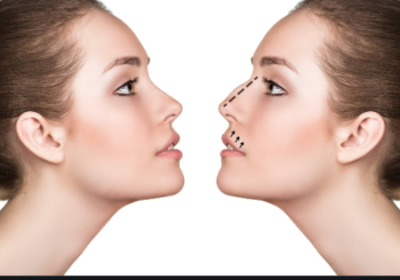Facial flushing after drinking is often considered as intolerance or high sensitivity to alcohol, unless people take special medicine. It is usually a response in people who can’t break down acetaldehyde genetically. Facial flushing after drinking usually differs across ethnic groups, age and gender. In general, it’s more common in East Asian versus Westerners, as well as in the elderly and women.
It is also widely known that significant alcohol consumption is often associated with high blood pressure. This association occurs regardless of the type of beverages and there are also dose-response relationships. It means that excess drinking for a longer period of time could eventually increase blood pressure. Conversely multiple studies have discovered that noticeable reduction of blood pressure happen after patients reduce their alcohol consumption.
To our knowledge there have been no detailed studies that analyzed the association between hypertension and considering, while taking into account the responses of people to alcohol. The team from South Korea collected data from 948 non-flushing drinkers, 527 flushing drinkers and 288 non-drinkers. All were men and they had health check-ups. The risk of hypertension associated with the amount of alcohol consumption among flushers and non-flushers was compared and analyzed. The risk among non-drinkers was also examined.
The research found that hypertension related with alcohol consumption has lower threshold values. Also the risk seems to be higher in flushers compared to non-flushers. After they adjusted for smoking habit, exercise habit, body mass index and age; the risk of high blood pressure is significantly higher among flushers if they have more than four drinks each week. As comparison, the risk only increases among non-flushers if they drink more than three times each week.
Researchers added that the finding indicates that facial flushing and alcohol consumption could potentially serve as the marker for hypertension risks. This could suggest that clinicians should start to evaluate how patients respond to alcohol consumption. Under this circumstance, it’s recommended to limit the amount of alcohol consumption to prevent or slow down the emergence of hypertension.
It’s worth noting that the relationship between high blood pressure and alcohol consumption can be paradoxical. Consuming a small amount of alcohol regularly is found to be beneficial in keeping the blood pressure is low, In fact, some medical practitioners recommend it even to non-drinkers. However, the effect can be reversed if patients overindulge themselves. In essence, many cases of hypertension could be caused by excessive alcohol consumption.




Recent Comments